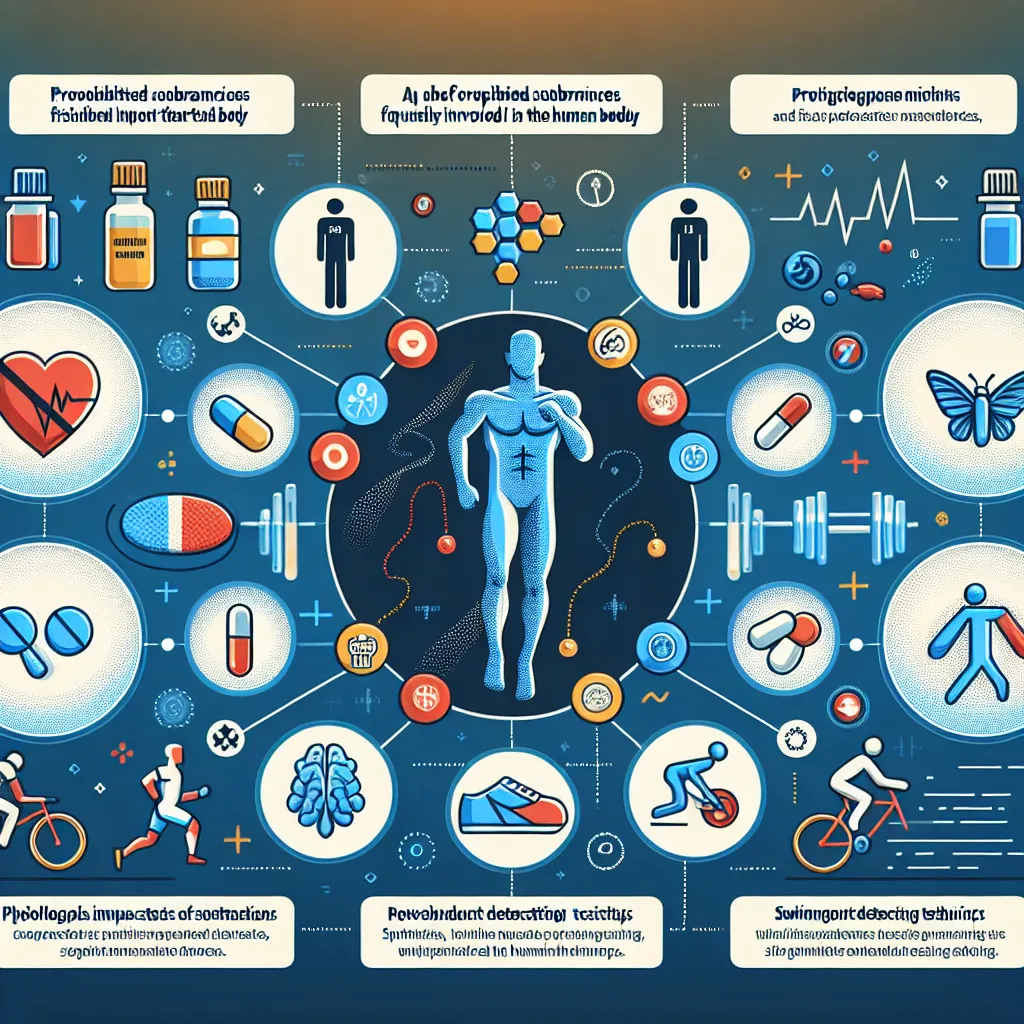Doping, a term that has become increasingly prevalent in sports discussions, is an essential vocabulary item for IELTS test-takers. Let’s delve into its meaning, usage, and how to effectively incorporate it into your IELTS preparation.
Definition and Pronunciation
Doping (noun/verb): /ˈdəʊpɪŋ/
Definition: The use of banned athletic performance-enhancing drugs by competitive athletes.
 Doping in Sports
Doping in Sports
Context and Usage
Examples in Context
-
The Olympic athlete was stripped of his medal due to doping allegations.
Analysis: This sentence demonstrates the serious consequences of doping in high-level competitions. -
The cycling team faced scrutiny after reports of systematic doping emerged.
Analysis: Here, “doping” is used to describe a widespread, organized practice within a team. -
Anti-doping agencies are constantly developing new methods to detect performance-enhancing substances.
Analysis: This example shows the ongoing efforts to combat doping in sports. -
The swimmer’s career was tarnished by a doping scandal that emerged years after her retirement.
Analysis: This sentence illustrates how doping can have long-lasting effects on an athlete’s reputation. -
Some argue that the pressure to perform leads athletes to consider doping as a necessary evil.
Analysis: This example presents a more nuanced view of the motivations behind doping.
Common Contexts
“Doping” is most frequently encountered in discussions about:
- Professional sports and competitions
- Olympic Games
- Anti-doping policies and regulations
- Sports ethics and fair play
- Medical and pharmaceutical advancements
Frequency in IELTS
“Doping” is moderately common in IELTS, particularly in:
- Reading passages about sports and ethics
- Listening sections featuring news reports or discussions on athletic performance
- Writing Task 2 essays on sports-related topics
- Speaking Part 3 discussions about fairness in competition
Vocabulary Analysis
Word Structure
- Root word: “Dope” (originally meaning a thick liquid or paste)
- Suffix: “-ing” (indicating an action or process)
Synonyms and Antonyms
Synonyms:
- Performance enhancement
- Drug use in sports
- Cheating (in a sports context)
Antonyms:
- Fair play
- Clean competition
- Natural performance
Memorization Techniques
Mind Mapping
Create a mind map with “Doping” at the center, branching out to related concepts:
- Types of banned substances
- Detection methods
- Ethical considerations
- Famous doping scandals
- Anti-doping organizations
Storytelling Technique
Imagine a story of an ambitious athlete who faces the temptation of doping. Visualize their internal struggle, the moment of decision, and the consequences that follow. This narrative can help embed the concept and its implications in your memory.
Practice Exercises
Application in IELTS Writing
Task 2 Example Question:
“Some people believe that doping should be allowed in professional sports. To what extent do you agree or disagree?”
Practice writing a balanced essay, using “doping” and related vocabulary appropriately.
IELTS Speaking Practice
Prepare to discuss doping in sports for Speaking Part 3:
- What are your views on doping in sports?
- How can authorities effectively combat doping?
- Do you think the punishments for doping are fair?
Conclusion
Mastering the term “doping” and its related vocabulary is crucial for IELTS success, especially when discussing sports, ethics, and fair competition. Remember to use it in context, understand its implications, and practice incorporating it into your responses across all sections of the IELTS test.
We encourage you to practice using “doping” in your own sentences and discussions. Share your experiences or questions about this term in the comments below – it’s a great way to reinforce your learning and get feedback!


